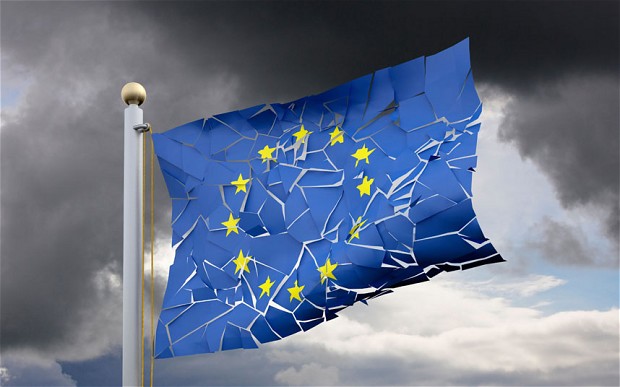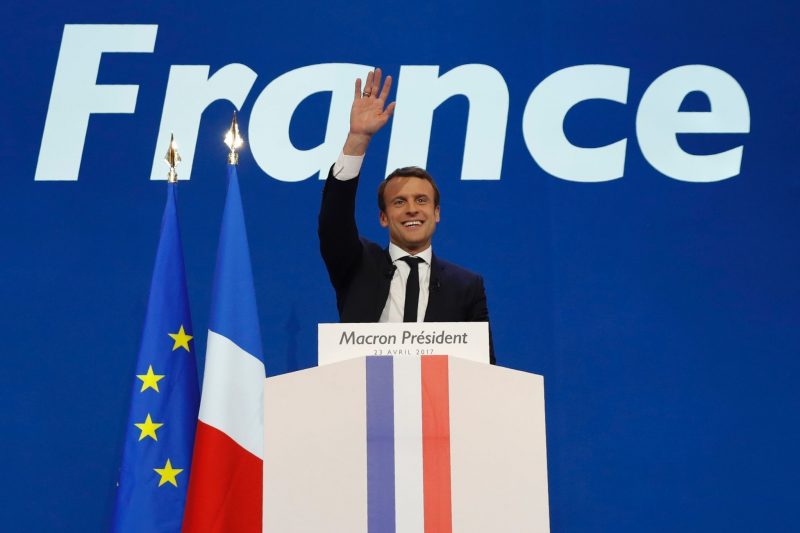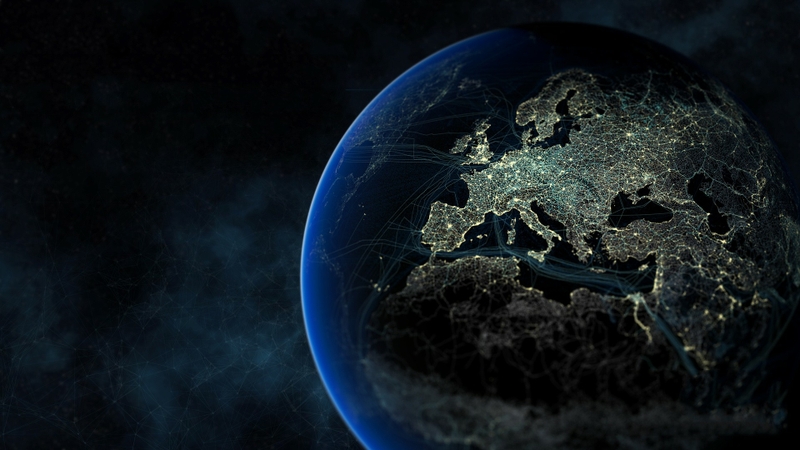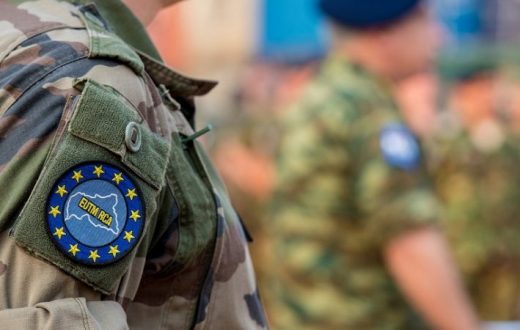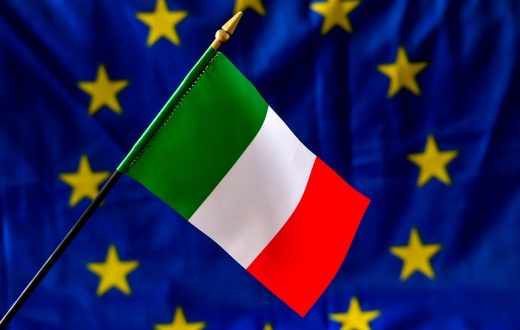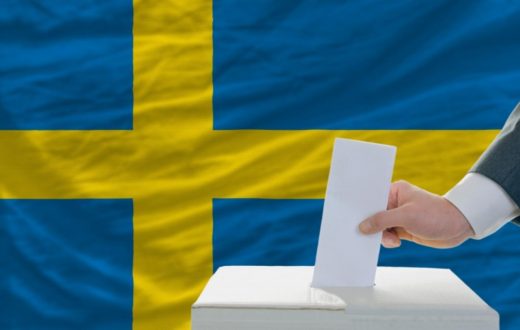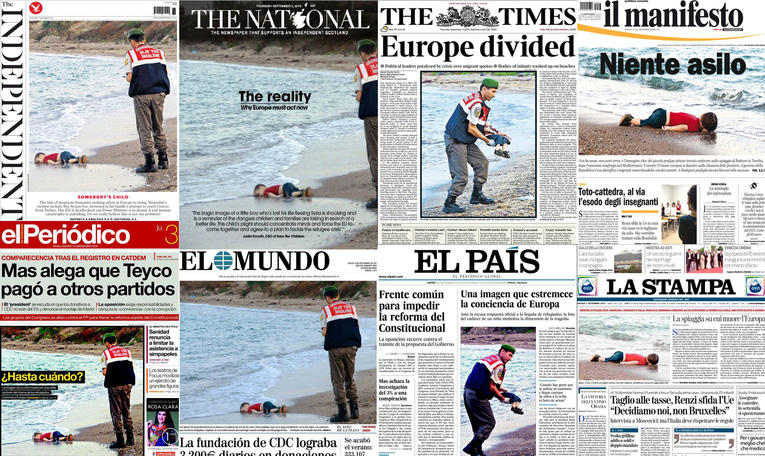It appeared recently that European politics is divided between two sides getting more and more opposed and clear. On the one hand, French President Emmanuel Macron took the lead of a liberal and open movement. In favour of a stronger Europe that would solve crises collectively, he is on the same side as European Commission president Jean-Claude Juncker and European Council president Donald Tusk. He is also supported by the Southern European democracies including Pedro Sanchez (Spain, socialist) and Alexis Tsipras (Greece, radical-left).
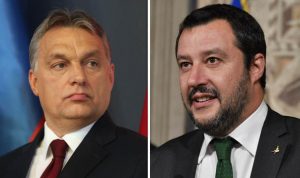
On the other hand, a movement of conservative populists claiming protectionism and nationalism is clearly rising. It is led by Hungarian Prime Minister Viktor Orban who is strongly against a collective solution of the migrant crisis but in favour of an homogenous Europe promoting traditional christian values. Orban is supported by conservative leaders such as Sebastian Kurz in Austria or Geert Wilders in the Netherlands and was recently joined by Matteo Salvini, Italy’s deputy prime minister.
The opposition was officially unveiled as Mr Orban and Mr Salvini criticise
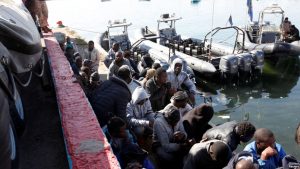
d Mr Macron’s open position regarding immigration. In response he called himself the direct opponent to nationalists. However the cleavage is not as clear as one would think. M. Macron’s opposition to populists is more about the disrespect of the rule of law than about their closed immigration policy. He insists himself on a clear distinction between war refugees and economic migrants, the latter being systematically sent back to their homelands. What is more, he is also reluctant to the European quotas and refused to welcome the migrant ships coming from the Mediterranean Sea.
Regarding the rule of law Mr Macron is much more strict and keeps threatening what we call ‘illiberal democracies’. Poland is a good example of Mr Macron’s current target. In Poland the nationalist party Law and Justice (PiS) took worrying measures that question the democratic rule and violate many EU treaties. However the EU almost did not intervene while Poland is receiving a lot of subsidies from Brussels every year. The solution could have been the use of the Article 7 by the European Commission. It allows EU members to punish one of them that repeatedly bypassed the rule of law. But the vote must be unanimous which makes it very hard to be implemented. Indeed illiberal democracies in Europe protect each other and it could be the same result regarding Hungary. On 12 September the European Parliament will debate on the use of the Article 7 against Budapest to punish new EU treaties violations. As a final solution the respect of the rule of law could be a condition for the next budget attribution. This is one of Mr Macron’s primary objectives and it creates serious tensions with the European ‘black sheeps’.
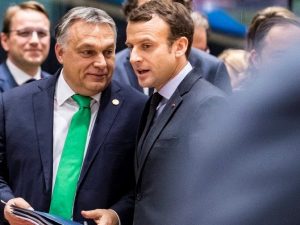
Despite Mr Macron’s efforts, some give more and more credit to the scenario in which nationalists may win the next European elections in May 2019. The rise of populism and nationalism in Europe over the past few years could eventually lead to an electoral victory at the EU scale. Indeed populism is thriving on the thickening of the migrant crisis. The absence of consensus between the EU members led to a serious issue of repartition. More and more people may see nationalism as the only option to make this crisis come to an end. As a result euroscepticism is the current trend and it seems nothing can stop it to keep soaring, especially since the failure of the European Union in June to agree on a solid migration policy. Moreover the election will occur two months after the Brexit, planned in March 2019. The actual exit of the United Kingdom from the EU will probably have a big influence on the ballot.
The European People’s Party (EPP), that includes all the right-wing parties at the European Parliament, is likely to play a very important role in the outcome of the elections. This party has been dominating the Parliament for years and it is now facing a serious issue. It widened so much that it now includes parties that do not have anything to do with each other, ideologically and politically speaking. Currently divided between Macron’s liberal wing and Orban’s conservatism, the party will eventually have to choose a side. But beyond that it is the open and innovative parties from all over Europe who will have the heavy responsibility to reverse the current trend. The movement Mr Macron pretends to be leading is not very clear. The squad of populists standing against him is much clearer and may take the power in eight months.

